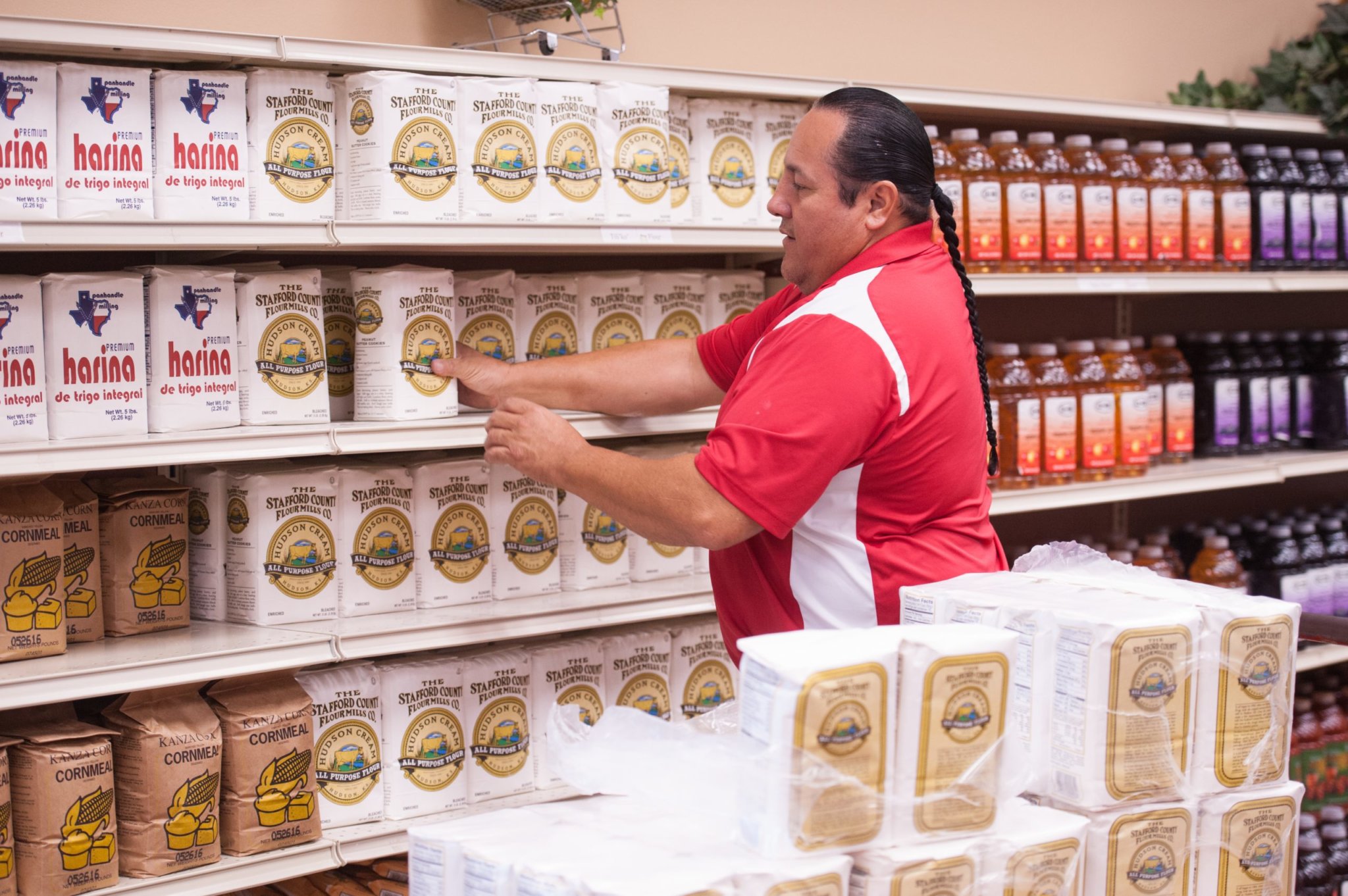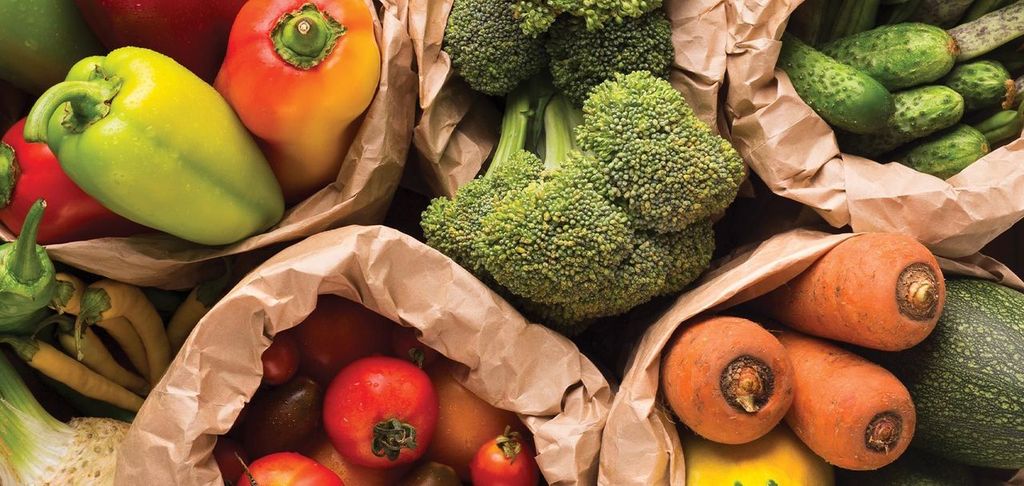It’s past time to lift the bar on food assistance programs
In anticipation of the White House Conference on Hunger, Nutrition, and Health slated for September 28, 2022, UnidosUS is releasing a series of blog posts concerning Latino priorities for a healthy and equitable food system. Below is the first in our series.
By Umailla Fatima
Policy Analyst, Health Policy Project, UnidosUS
Food insecurity is a persistent problem for Latino families, one that peaked in the early days of the COVID-19 pandemic. Nearly half of all Latino households in 2020 were food insecure, a problem that can be traced back to socio-economic disparities and barriers to food assistance programs experienced by low-income Latino families.
Keep up with the latest from UnidosUS
Sign up for the weekly UnidosUS Action Network newsletter delivered every Thursday.
We at UnidosUS welcome efforts by the Biden administration to develop a national strategy to reduce hunger, increase healthy eating, and improve physical activity. In July, UnidosUS sent policy recommendations to the White House encouraging the federal government to remove barriers to enrollment in food assistance programs, strengthen the linguistic appropriateness of outreach programs, and expand COVID-19 waiver flexibilities beyond the pandemic.
The White House Conference is focusing on five pillars in the effort to reduce food insecurity, the first of which is improving food access and affordability. An essential step to accomplish this goal is to end the so-called “five-year bar,” which imposes a five-year barrier to anti-hunger and nutrition programs for millions of immigrants, including many Latinos. To recover from the pandemic more equitably, policies must provide needed supports for lower-income immigrant families.
Latinos that are food insecure lack access to food assistance.
There is an urgent need for policies that provide food assistance to the Latino community. Common diet-related health conditions, such as obesity, diabetes, and cardiovascular disease, disproportionately impact Latino adults and children.
Food insecurity, which affects more than 38 million people in the United States, including 11.7 million children, also disproportionately impacts the Latino community. Federal data show that, prior to the pandemic, 17% of Latino families with children were food insecure, compared to 10.7% of non-Hispanic white families with children. Since the pandemic, food insecurity among Latinos has increased. In 2020, an estimated 47% of Latino households with children experienced food insecurity—the highest percentage reported for all racial and ethnic groups.
Ensuring that Latinos and immigrants have access to food supports would help lift families and children out of hunger and poverty. Improving access to and enrollment in Supplemental Nutrition Assistance Program (SNAP) for documented immigrants would reduce food insecurity, improve the overall health of children and adults, boost educational outcomes for children, and improve the economy.
The five-year bar is a barrier to SNAP for food insecure immigrants and children.
SNAP is the nation’s largest federal nutrition assistance program. SNAP is a particularly important anti-hunger program for Latino families and children—more than one in five SNAP recipients are Latino.
The Personal Responsibility and Work Opportunity Reconciliation Act of 1996 (PRWORA), also called welfare reform, limited documented immigrants’ access to federal benefits by establishing a five-year waiting period. As a result, qualified immigrants can only access federally funded benefits, such as SNAP, Temporary Assistance for Needy Families (TANF), Medicaid, and the Children’s Health Insurance Program (CHIP), after a five-year waiting period.
The five-year bar prevents millions of noncitizens from accessing nutrition programs. Those with Deferred Action for Childhood Arrivals (DACA) status or temporary protected status (TPS) are also ineligible for many federally funded benefits. In 2003, Congress lifted the five-year bar on SNAP benefits for qualified immigrant children, but their legal permanent resident parents remain subject to it.
To advance health equity, Congress must act again.
There is a critical need to eliminate barriers to resources and health care in the wake of the COVID-19 pandemic. Immigrants experienced disproportionate harm from the pandemic, including diminished access to health care, food, and housing assistance. At the same time, many immigrants made up the essential workforce that helped keep the U.S. economy afloat during the pandemic. If the five-year bar remains, financial hardships and health inequities experienced by immigrant families, particularly those with lower incomes, will worsen. Ending the five-year bar on SNAP would ensure that documented immigrants and mixed-status families have access to food and nutrition resources.
Lifting the bar is not only good public policy; it is also widely supported by voters. A 2021 poll from Data for Progress demonstrated that 71% of voters support amending PRWORA “to allow immigrants who are now permanent legal residents, who pay taxes, to benefit from social safety net programs.”
Improving access to SNAP is essential to protecting our most vulnerable communities from food insecurity and health challenges as the nation recovers from the pandemic. Congress has an important opportunity to pass the LIFT the BAR Act, a bill that would eliminate the five-year bar. The Biden administration’s national strategy to combat hunger and its associated health challenges must include supporting efforts to rescind the five-year bar.



